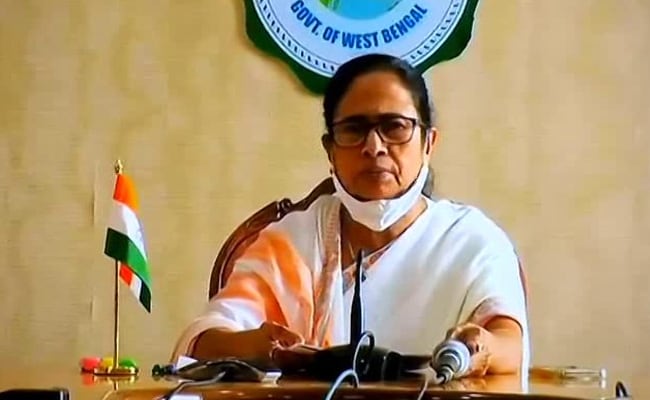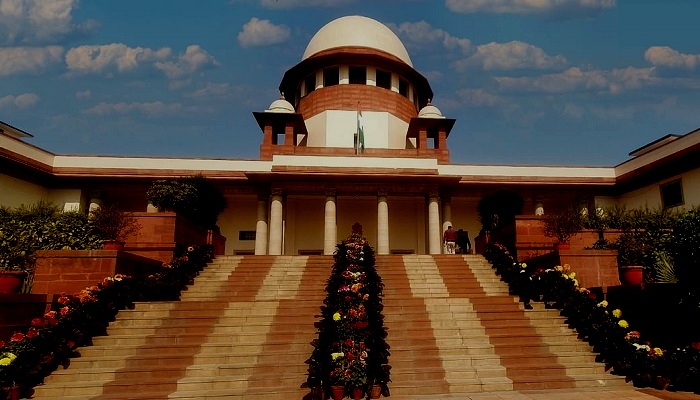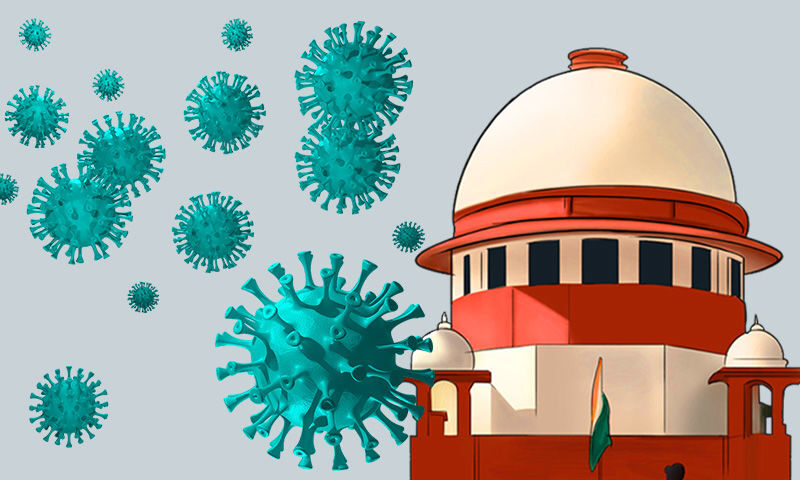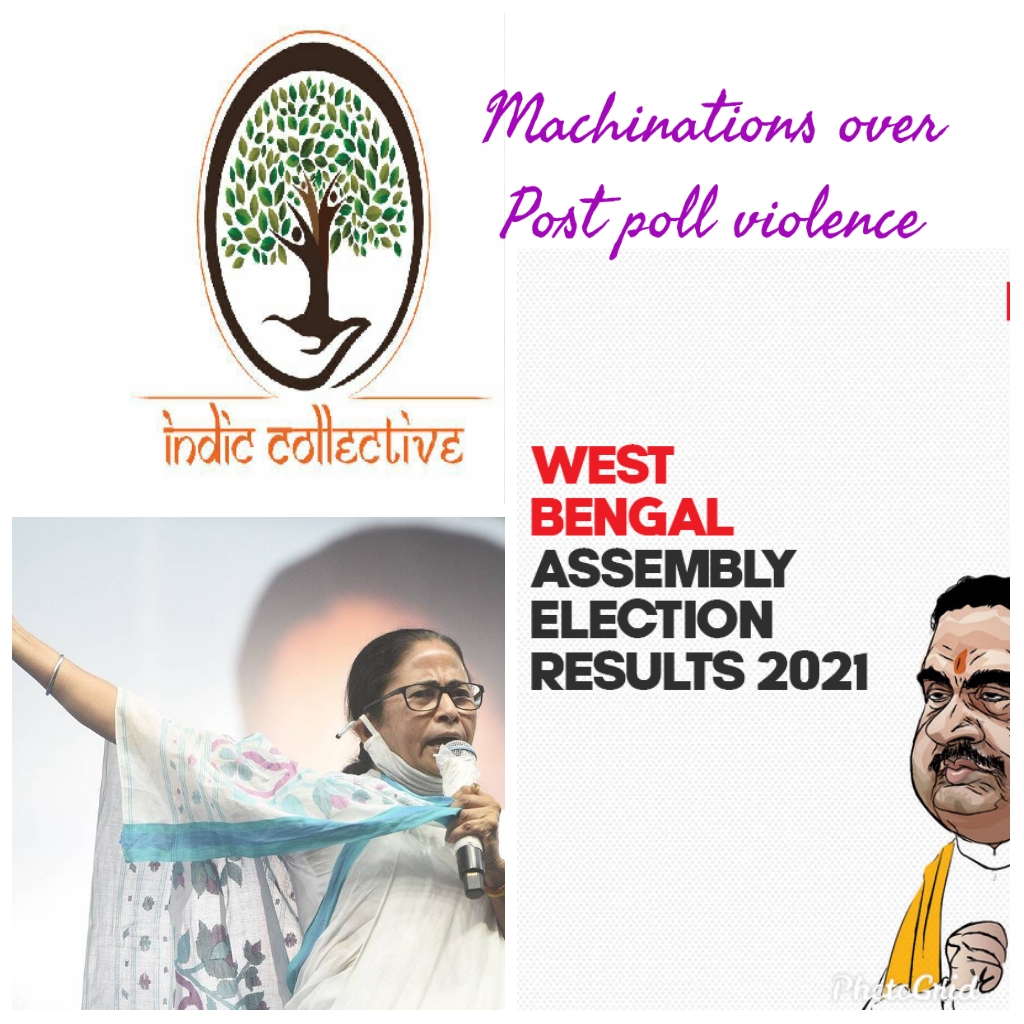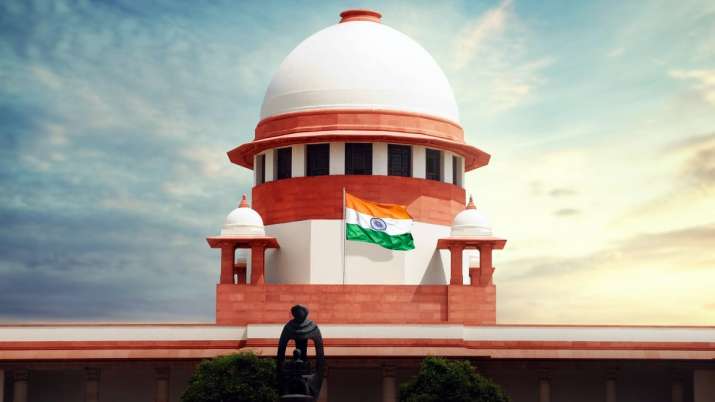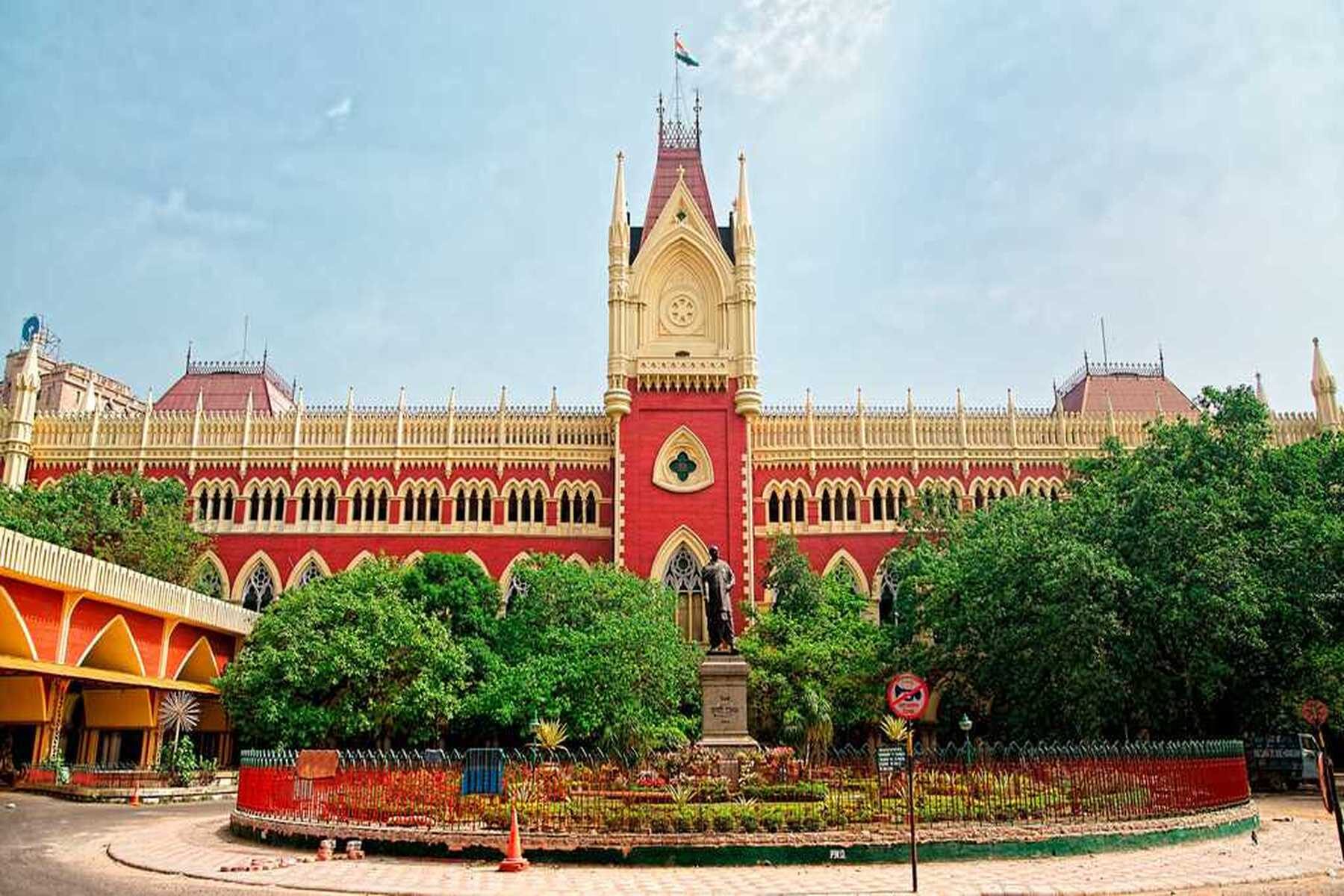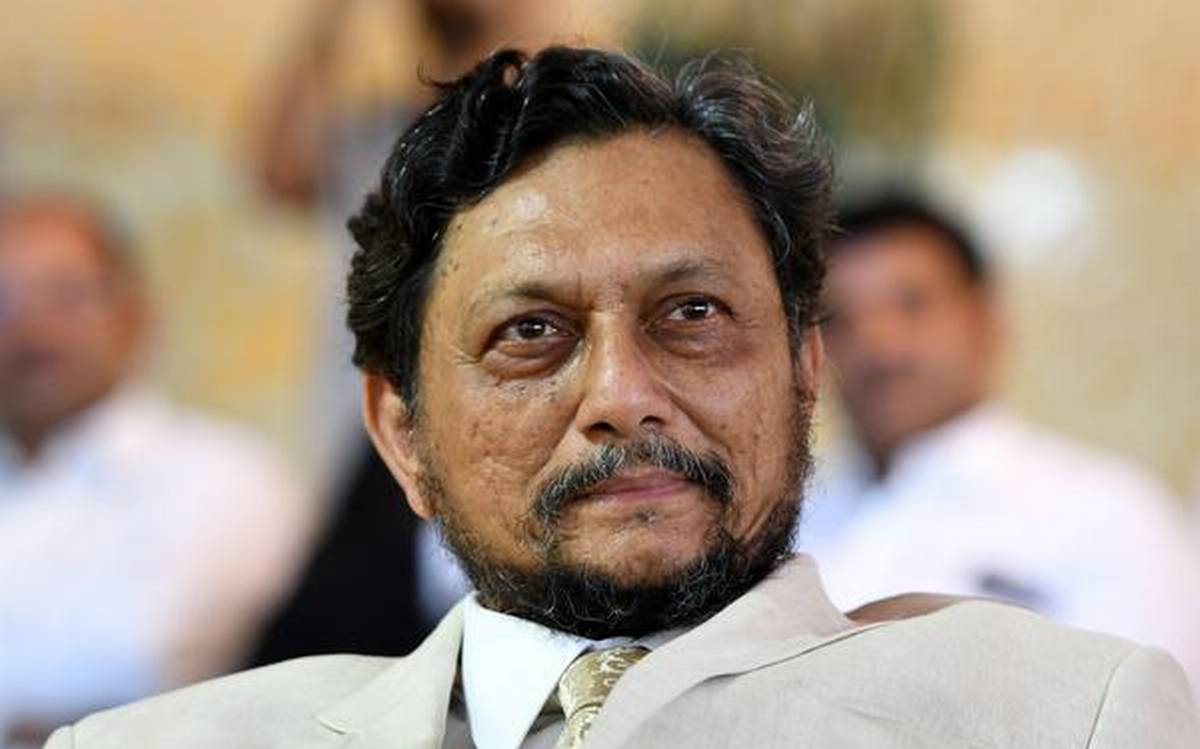A tree’s monetary worth is its age multiplied by ₹74,500, a Supreme Court-appointed committee has submitted in a report, setting a guideline, for the first time in India, on the valuation of trees.
The five-member committee of experts added that a heritage tree with a lifespan of well over 100 years could be valued at more than ₹1 crore, and that the monetary value of a project, for which hundreds of trees are cut, is sometimes far less than the economic and environmental worth of the felled trees.
The report was submitted before a Supreme Court bench, headed by Chief Justice of India (CJI) SA Bobde, which had asked the committee members in January 2020 to determine the economic value of trees, based on cost of oxygen they release, and other benefits to the environment.
The bench, which also included justices AS Bopanna and V Ramasubramanian, stressed on the necessity to do away with the evaluation of trees only on the basis of their timber value and rather focus on the positive impact of trees on the environment.
For this purpose, the court, while hearing a case relating to cutting down of 356 trees for construction of five railway over-bridges (ROBs) in West Bengal, appointed a committee of five experts, Nishikant Mukherjee (managing director, Tiger Environment Centre), Soham Pandya, (secretary and executive director at the Centre of Science for Villages), Sunita Narain (director, Centre for Science and Environment), Bikash Kumar Maji (assistant chief engineer, ROB unit, West Bengal government) and Niranjita Mitra (division forest officer, North 24 Parganas).
According to the report filed in February last year but made public on Wednesday, a tree is worth ₹74,500 a year. Out of this, the cost of oxygen alone is ₹45,000, followed by the cost of biofertilizers, which are worth ₹20,000. Upon adding costs of micronutrients and compost, the report stated, that living trees will more often than not outweigh the benefit of most of the projects they are felled for.
Commenting on the West Bengal government’s plea to cut 356 trees, some of which were heritage trees, the committee evaluated their worth at ₹220 crore.
The Supreme Court has not accepted the report yet, and sought the responses from the central government, West Bengal government and an NGO involved in the case.“The committee’s recommendation will make every government go bankrupt. So, we need to fine-tune a few suggestions,” the court observed on Wednesday.
The committee also suggested that instead of cutting trees for highway projects, the governments should first explore alternatives such as using existing waterways and railway lines to facilitate traffic and transport infrastructure.
In case trees must be removed, the committee said, that the first endeavour should be to relocate them, making use of modern technology, and if they must be felled; it also added that planting five saplings in lieu of one tree was not good enough since a 100-year-old tree cannot be equated with a few fresh saplings. It recommended that for a tree with a small crown size, 10 saplings should be planted; 25 saplings for a tree with medium crown size; and 50 saplings for a tree with large crown size. Crown is part of the tree from which branches grow above the trunk.
The bench, during the hearing on Wednesday, commended the committee’s efforts, adding that it was inclined to lay down certain new guidelines for all future projects which required felling trees in view of the report. It found favour with the recommendation that a developer must look to use existing waterways and railway lines before insisting on a road project that required cutting trees.
The top court further expressed its displeasure at a central government notification that did away with the need for an Environment Impact Assessment (EIA) for a road project of less than 100km.
“Your notification is untenable. It is based on an assumption that no damage is done to the environment if a project is less than 100km in length. We will examine validity of your notification,” the bench told additional solicitor general Aishwarya Bhati, who appeared for the Union government in the matter.
Apart from Bhati, the Apex Court also asked the West Bengal government and advocate Prashant Bhushan, who represented the NGO-Association for Protection of Democratic Rights, which challenged the decision to cut the trees for the ROB project, to submit responses to the committee’s report. The bench will hear the matter next after two weeks.
Sunita Narain, a committee member, said: “It is very important to identify and assess the historical and ecological significance of the heritage trees. They cannot be equated with fresh saplings, given the exceptional historical, cultural aesthetic values such trees have because of their age or their association with an event or a person. All efforts must be made to accord them special protection.”
(Source: HT)


